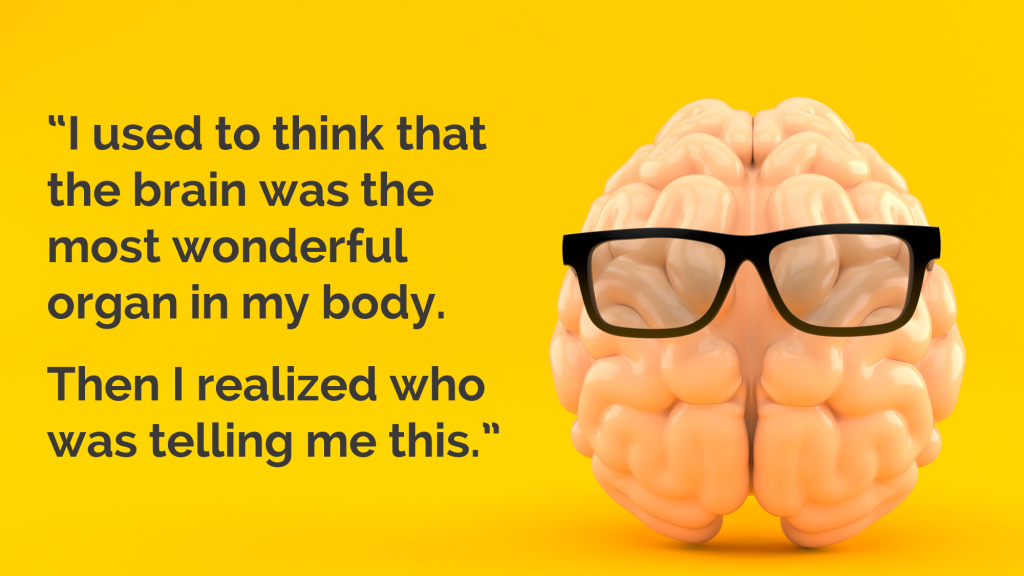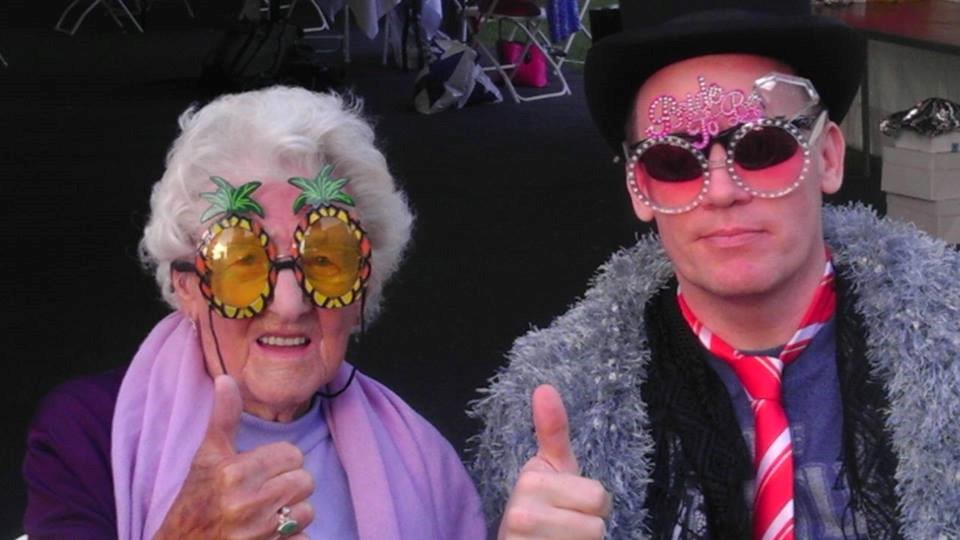The end of one year and the beginning of another is often an opportunity to torment ourselves with difficult questions:
Did I give enough energy to the things that really matter to me?
Did I give too much energy to things that aren’t important in the long term?
Did I live my values? (To get a visual picture of this, you might fill out Tobias Lundgren’s Values Bulls Eye.)
When you review the previous year, it is likely that you have done well in some areas of your life and have some regrets about others. We often don’t devote as much time and energy as we would like, to what really matters . We often don’t live our values as consistently as we want. We frequently waste time and energy on things that, it turns out, don’t really matter in the long run.
When you consider the aspects of life you neglected last year, you may notice that some are very familiar to you. They will have shown up for you many times over the course of your life. Perhaps there is some aspiration that is important to you, that just keeps being put to one side?
To give you an example.
Since I was 11, I have wanted to be a writer. I love reading and I wanted to be like the authors I admired. I wanted to be one of those people, the people that befriend strangers by sharing their thoughts in a book.
I have started many books but, despite this deep desire to be an author, I have never finished writing a book. This desire to write seems to matter a lot to me but each year goes by and I still don’t accomplish my goal.
A couple of years ago, I turned 50 and I realised that time was running out. If I really want to be an author, I need to knuckle down and actually write a book. So I started another book. It is on a topic that matters to me (Meaningful Success). Sitting at my Mac trying to express my ideas with honesty and courage is hard and scary and wonderful. Two years later and I am still wading through this project. Trying to create something useful. Something that isn’t rubbish. In the process, I am discovering that this writing lark is harder than it looks!
But even though this matters deeply to me. Even though I love writing. Even though every thing I read about how to become a good writer starts with the advice – just write.
I often don’t write. My days are filled with other stuff. Stuff that isn’t writing.
How about you? What are the goals that really matter to you? The goals that year after year, you don’t quite manage to give enough time and energy to? It could be:
Creating a beautiful garden;
spending more time playing with the kids;
travelling to beautiful and exotic places;
learning to play an instrument or speak another language….
What is the goal that calls from your heart?
And …what gets in the way of you pursuing that goal?
There are lots of reasons why we don’t pursue these important goals with the necessary energy and passion. One reason that seems increasingly common is, ‘I am too busy.’
So what are we too busy doing?
If you analyse what you are too busy doing, you can divide your actions into:
1. Things that were genuinely, at that moment, a higher priority than the important but non urgent task.
For example: spending time with the people you love; caring for your fragile human body; doing meaningful work; earning enough money to pay the bills; volunteering for causes that matter to you…
These choices are valued actions. You are being the person you want to be. Life is full of conflicting priorities, can you notice these choices and be gentle to yourself about them?
2. Things that, at that moment, felt like they were a higher priority than the important but non urgent task but they actually weren’t.
For example: trying to impress or please people; trying to earn more money than you need; doing things just to get prestige or recognition; doing things to avoid unwanted feelings.
This is a recurring problem for many of us. I certainly keep getting hooked by these activities. I look back on my life and I have spent too much time focussing on things that seemed important at the time, but actually, from the perspective of a few months or years later, I realise didn’t really matter.
3. Things that, at that moment, didn’t even feel like they were a higher priority than the important but non urgent task.
This is basically all the things we do to procrastinate and avoid the harder stuff. It might be: watching inane TV or silly YouTube clips; checking in on Facebook; going shopping. (NB These activities can also be acts of self care – in which case they are category one activities – only you can decide this.)
At this point I could just tell you to make sure you focus your energy on the right things. But I don’t think that advice is very helpful. I know it doesn’t work for me.
So I want to encourage you to do something different. To start gently.
I want to suggest that mindfulness and compassion might be a better response.
Just start by noticing with curiosity what you are doing. In real time. Notice which category your behaviour is in. You might also notice if you tend to berate yourself for spending time on the ‘wrong’ things. How effective has this harshness been for you? What would happen if, instead, you responded with compassionate understanding of your human failings?
Instead of harshness, could you notice how each behaviour feels? Notice how it feels in your body as you take these various actions? What emotions are you feeling? Notice which circumstances seem to encourage you to do which types of behaviour. Are there any common themes?
For me the ‘category two’ activities – the ones that seem important at the time but actually aren’t important- are often associated with a scrabbly feeling, like I am desperately trying to get something. At those times, if I pause and notice what is going on inside me; I realise that I am often hooked by thoughts that I am not good enough in some way and/or there isn’t enough of what I think I need. The best response to this seems to be to pause and breathe. To turn to myself in kindness. To be willing to be with myself and the thoughts that I am not adequate or the world is not the way I want it to be.
‘Category three’ activities – the ones where I know I am frittering time away – sometimes feel to me like I am hiding out. Trying not to think about the scary task I am avoiding. At other times these activities are accompanied by a whiny voice – ‘I don’t want to…I am too tired…I deserve a break…It is too hard…’ It feels like when I was a kid and I used to put my fingers in my ears and loudly say ‘I can’t hear you…LA…LA…LA…I can’t hear you’.
If I am courageous enough to pause and check in. I notice the thoughts and feelings I am trying to avoid. Can I turn towards these feelings with compassion, knowing they are part of being human?
I want to encourage you to do the same. Instead of trying to get it right. Instead of fighting with yourself.
Just notice.
Notice whether what you are doing is moving you towards your values; towards what matters to you or whether it is taking you away.
Notice what is going on inside you at those moments.
Be mindful and curious.
Turn towards yourself with compassion.
And then notice what happens next.
It may be that you will make a small move towards what matters. It may be that you won’t.
Could you notice that with compassion and curiosity?






